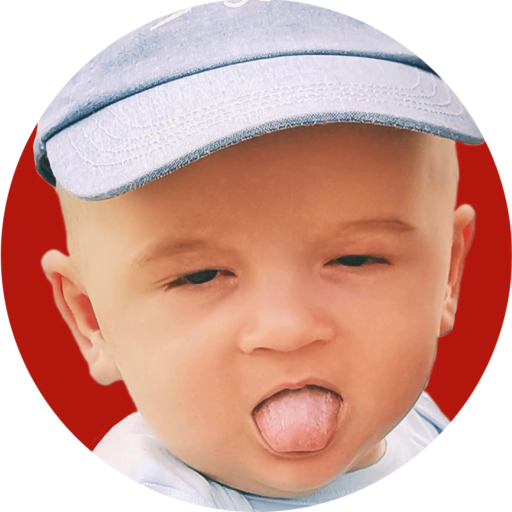
DIANGO HERNÁNDEZ ARCHIVE
For archive consultations please write us at contact@olaismo.com for updates and news please visit https://olaismo.com/

For archive consultations please write us at contact@olaismo.com for updates and news please visit https://olaismo.com/